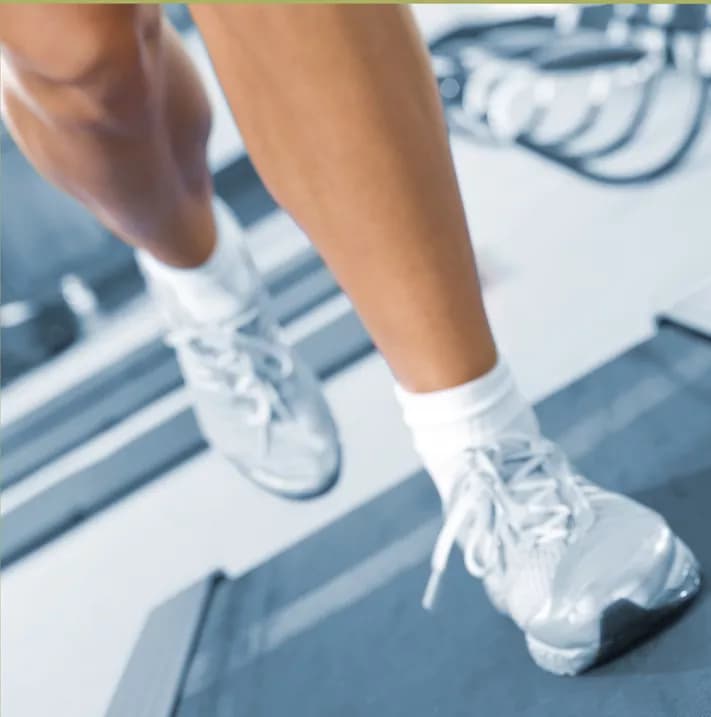
Running May Be Better Than Cycling For Long-Term Bone Health
Exercise that puts greater strain on bones, like running, may improve long-term bone health more effectively than non weight-bearing activities like cycling, conclude the authors of a new study measuring the hormones of mountain ultra-marathon runners. The results of the study are presented today at the European Congress of Endocrinology.
Previous research from the Istituto Ortopedico Galeazzi in Milan found that cyclists racing in ultra-endurance conditions suffered chronic bone resorption -- where calcium from bone is released into the blood stream, weakening bones. In this study, the same group set to find out whether a similar group of elite athletes -- mountain ultra-marathon runners -- had the same response.
The researchers measured two vital bone constituents as well as hormones associated with energy regulation. Osteocalcin and P1NP are two proteins associated with bone formation and their levels in blood are an indicator of bone health. Glucagon, leptin and insulin are hormones involved in regulating metabolism and indicate the body's energy needs. Increasing glucagon levels indicate an energy demand, whilst increasing insulin and leptin levels indicate adequate or excessive energy levels. The researchers measured these three hormones as well as levels of osteocalcin and P1NP in 17 trained runners before and after a 65-km mountain ultramarathon run and compared it to the hormones and bone constituents of twelve adults of the same age who didn't run the race but did low to moderate physical exercise.
Compared to the control group, ultramarathon runners had higher levels of glucagon and lower levels of leptin and insulin when finishing the race. The falling levels of insulin within this group were linked to similarly falling levels of both osteocalcin and P1NP -- suggesting that athletes may be diverting energy from bone formation to power the high-energy demands of their metabolism. However, ultramarathon runners had higher P1NP levels at rest compared to controls, suggesting that they may divert energy from bones during racing but have a net gain in bone health in the long-term.
"The every-day man and woman need to exercise moderately to maintain health," said Dr Giovanni Lombardi, lead author of the study. "However, our findings suggest that those at risk of weaker bones might want to take up running rather than swimming or cycling."
One theory that could explain the effect of different exercises on bone formation is the role of osteocalcin, explains Dr Lombardi. "Previous studies have shown that osteocalcin communicates with beta cells in the pancreas, which regulate the body's glucose metabolism," he said. "Because running exerts a higher physical load on bone than swimming or cycling, it could be that these forces stimulate bone tissue to signal to the pancreas to help meet its energy needs in the long-term."
"Our work has shown that bones aren't just lying idle, but are actively communicating with other organs and tissues to drive the body's energy needs," said Dr Lombardi. "We often find that metabolic conditions and fracture risks are linked to the same underlying condition, so the more we learn about the interaction between bones and body metabolism, the better we will understand complex but important diseases such as diabetes and osteoporosis."
The above post is reprinted from materials provided by European Society of Endocrinology. Note: Materials may be edited for content and length.
Disclaimer: DoveMed is not responsible for the adapted accuracy of news releases posted to DoveMed by contributing universities and institutions.
Related Articles
Test Your Knowledge
Asked by users
Related Centers
Related Specialties
Related Physicians
Related Procedures
Related Resources
Join DoveHubs
and connect with fellow professionals

0 Comments
Please log in to post a comment.